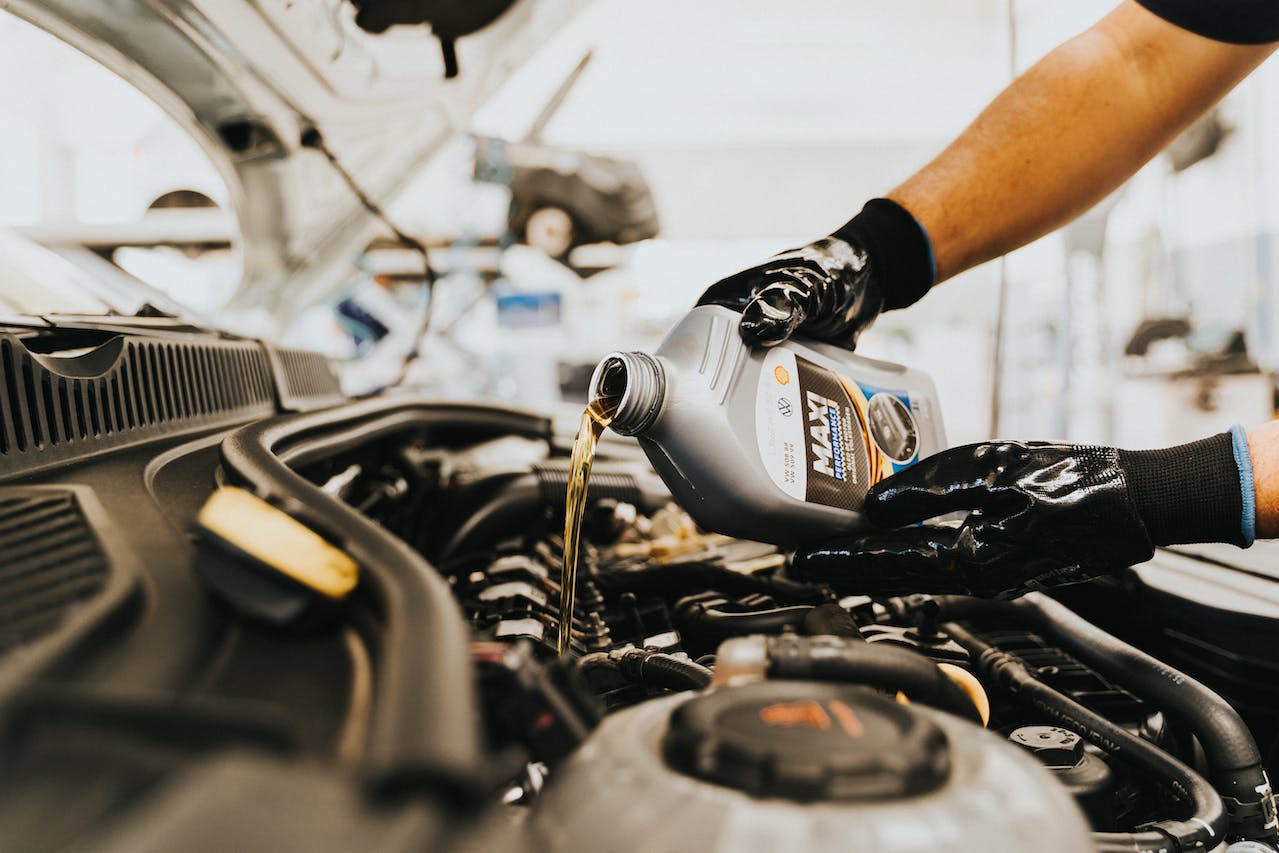Imagine your car as a well-oiled machine—quite literally. Just like the human body needs the right nutrients to function correctly, your car’s engine requires proper care and attention to keep it running smoothly. One of the most crucial aspects of this care is regular oil changes.
Understanding the Role of Engine Oil
Engine oil serves as the lifeblood of your vehicle, lubricating its various components and ensuring they work seamlessly together. It prevents friction, reduces wear and tear, and helps dissipate heat. Without regular oil changes, this vital fluid becomes less effective, jeopardizing the engine’s health.
Signs of Insufficient Oil Maintenance
Ever heard strange noises coming from your engine? That might be a cry for help. Insufficient oil levels or degraded oil can lead to ominous sounds, signaling potential damage. Other warning signs include increased engine temperature, sluggish performance, and the dreaded check engine light.
How Often Should You Change Your Engine Oil?
The frequency of oil changes often depends on your vehicle’s make and model, driving conditions, and the type of oil used. A general rule of thumb is to aim for an oil change every 3,000 to 5,000 miles, but checking your car’s manual is the best way to determine the right interval.
Choosing the Right Type of Engine Oil
Not all engine oils are created equal. The market offers a variety of options, from conventional to synthetic blends and full synthetics. Understanding your vehicle’s requirements and driving habits can help you make an informed decision on the type of oil that suits your engine best.
DIY vs. Professional Oil Changes
While some car enthusiasts prefer the hands-on approach of a DIY oil change, others opt for the convenience of professional services. Both methods have their pros and cons, and the choice boils down to your comfort level, time, and the specific needs of your vehicle.
The Consequences of Neglecting Oil Changes
Skipping oil changes might save you a few bucks in the short term, but the long-term consequences can be severe. Increased friction, overheating, and accelerated engine wear are just a few issues that can arise, leading to costly repairs and potential engine failure.
Extending Engine Life with Regular Maintenance
Think of regular oil changes as an investment in your engine’s longevity. Routine maintenance not only prevents damage but also ensures your vehicle stays on the road for years to come, saving you money in the long run.
Impact on Fuel Efficiency
Surprisingly, regular oil changes can contribute to better fuel efficiency. When your engine runs smoothly, it doesn’t have to work as hard, leading to improved gas mileage. This not only benefits your wallet but also reduces your carbon footprint.
Environmental Benefits of Regular Oil Changes
Taking care of your engine isn’t just about your car—it’s about the environment too. Properly maintained vehicles produce fewer emissions, contributing to cleaner air and a healthier planet. So, the next time you change your oil, know that you’re doing your part for Mother Earth.
Common Myths About Engine Oil
Dispelling myths is essential when it comes to engine care. From the misconception that you can go without changing oil for extended periods to the belief that all oils are the same, it’s crucial to separate fact from fiction to make informed decisions about your vehicle’s maintenance.
Tips for Maintaining Optimal Oil Levels
Ensuring your engine stays well-lubricated goes beyond regular oil changes. Simple habits like checking your oil levels regularly, using the right oil filter, and scheduling timely maintenance can contribute to optimal engine performance.
Recognizing the Need for an Oil Change
Besides following a set schedule, pay attention to your vehicle’s signals. Dark, gritty oil on the dipstick or a burning smell could indicate it’s time for a change. Knowing when to act can save you from more significant issues down the road.
Step-by-Step Guide to Changing Your Engine Oil
For DIY enthusiasts, here’s a step-by-step guide to changing your engine oil. From gathering the necessary tools to disposing of the used oil responsibly, this section provides a comprehensive walkthrough to help you confidently perform an oil change at home.
Conclusion
Regular oil changes are the unsung heroes of engine maintenance, ensuring your vehicle runs smoothly and efficiently. Don’t underestimate the impact of this simple task—it’s the key to a longer, healthier life for your car.
Frequently Asked Questions
How often should I change my engine oil?
- The frequency depends on your vehicle and driving conditions. Check your car’s manual for specific recommendations.
Can I use any type of oil for my engine?
- No, it’s essential to use the oil recommended in your vehicle’s manual to ensure optimal performance.
What happens if I neglect oil changes?
- Neglecting oil changes can lead to increased friction, overheating, and potential engine failure.
Is it worth doing a DIY oil change?
- It depends on your comfort level and the specific needs of your vehicle. Some prefer DIY, while others opt for professional services.
How do I dispose of used engine oil?
- Many auto parts stores and recycling centers accept used oil. Check local regulations for proper disposal methods.
Last Updated on November 9, 2023 by admin

Mac is an Automotive enthusiast. He owns up to 15 vehicles. He deals with Auto problems and shows his skill to Car owners who are seeking any type of Car help.





